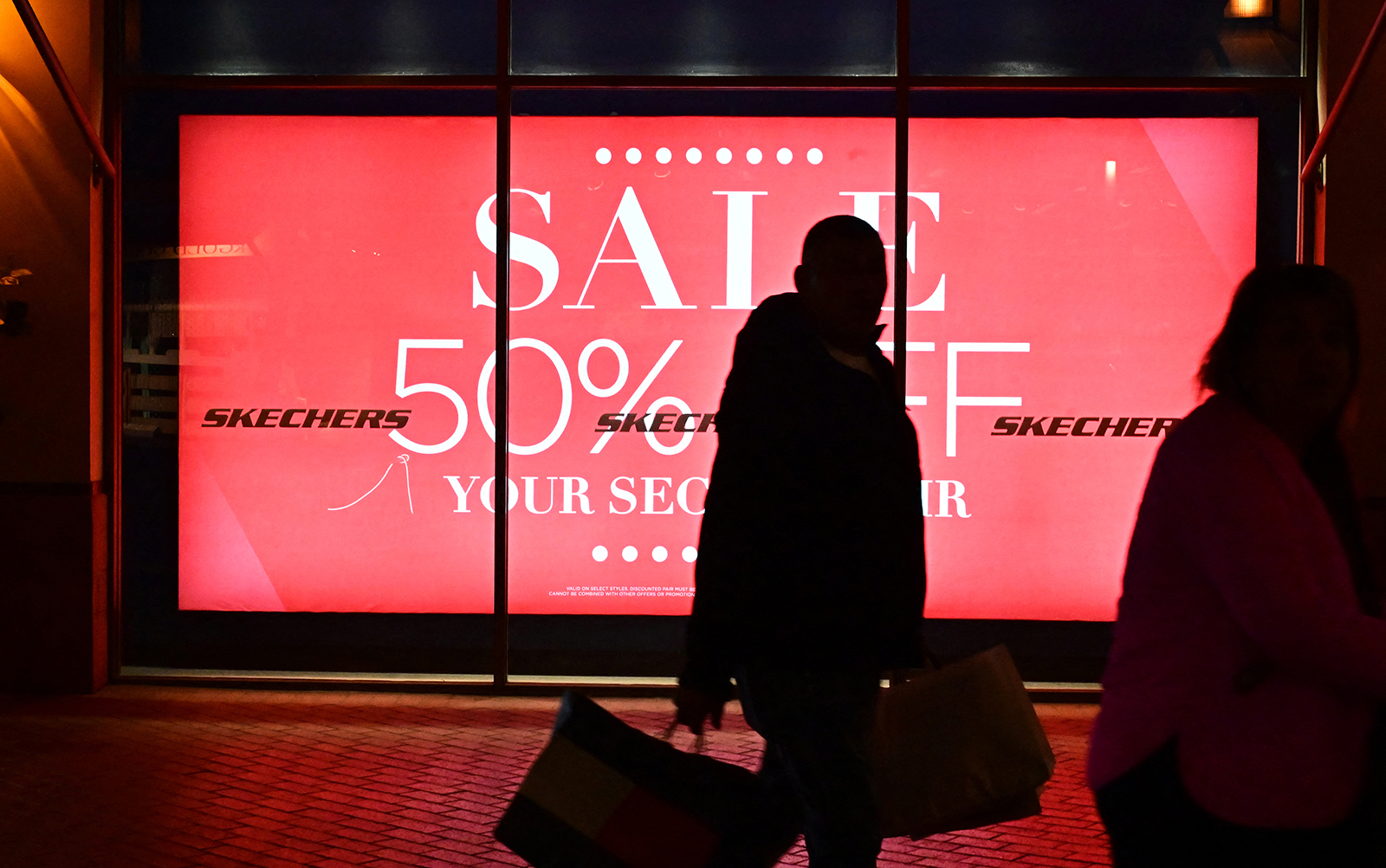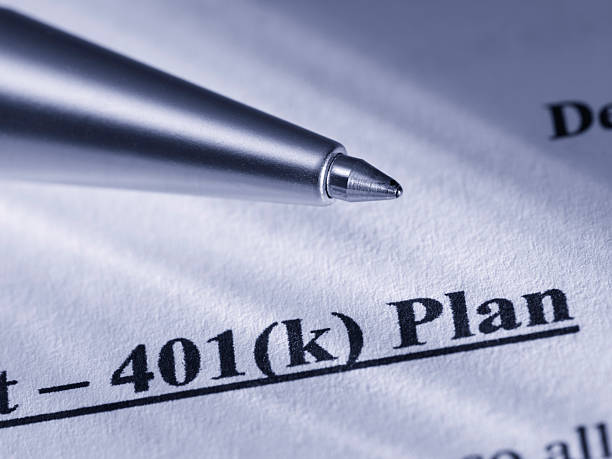By Alex Tanzi
Bloomberg News
(TNS)
Households’ inflation expectations declined slightly, the outlook for personal income held steady and workers are feeling more confident about the job market, according to a Federal Reserve Bank of New York survey.
Inflation expectations dropped by 0.1 percentage point to 2.9% over the next year, by 0.2 percentage point to 2.5% over the next three years, and by 0.1 percentage point to 2.8% over a five-year period, according to the survey released Tuesday. The one-year outlook was the lowest since October 2020.
The report should help provide some comfort that consumer inflation expectations continue to be anchored—an economic signal the Fed is monitoring as it decides how quickly to lower interest rates. Such surveys of moods aren’t scientific predictions, but they can help inform about future behavior because expectations can be self-fulfilling.
Consumers who anticipate higher inflation are typically more apt to demand higher pay. That can lead to what economists call a wage-price spiral, where employers facing higher wage bills seek to increase prices to maintain their margins.
While consumers expect inflation to taper, inflation expectations among U.S. business leaders increased in the fourth quarter of 2024, according to the Cleveland Fed’s Center for Inflation Research. Its latest survey found that CEOs expect inflation to be 3.8% over the next 12 months, up from 3.4% in July.
Job outlook
According to the New York Fed’s survey, median year-ahead earnings growth expectations were unchanged at 2.8% in October. The figure has moving within a narrow range between 2.7% and 3% this year, providing employers some certainty in their anticipated labor cost projections.
Over the next five years, lower-income and less-educated consumers were most inclined to see a drop in long-term inflation. Among respondents with a high-school education or less, the expected rate five years ahead dropped to 2.4%, from 2.9% in September. The drop was even steeper for consumers with incomes below $50,000, falling to 2.1% from 2.7%.
The median respondent thinks that gasoline prices will rise by 3.4% over the next 12 months, the least in two years. Expected food inflation eased in October to the lowest since before the pandemic, while expectations for rental inflation moderated to 5.9%. Median home-price growth expectations were unchanged at 3%.
Labor market expectations, meanwhile, improved with households reporting a lower likelihood of higher unemployment and job loss, and a higher probability of finding a job if they were laid off, according to the report.
Increased confidence in the job market was also apparent in other survey data. More workers anticipate leaving their job voluntarily in the next 12 months, with that figure ticking up by 0.1 percentage point to 20.5%, the highest share since July.
Perceptions of current and future credit access improved in October, and households reported a lower likelihood of missing a minimum debt payment over the next three months. The average perceived probability of doing so decreased by 0.3 percentage point to 13.9%, the first fall since May.
The Fed’s survey panel is a nationally representative, internet-based survey of a rotating panel of approximately 1,300 household heads. Respondents participate in the panel for up to 12 months, with a roughly equal number rotating in and out of the panel each month.
_______
©2024 Bloomberg L.P. Visit bloomberg.com. Distributed by Tribune Content Agency LLC.
Thanks for reading CPA Practice Advisor!
Subscribe Already registered? Log In
Need more information? Read the FAQs




